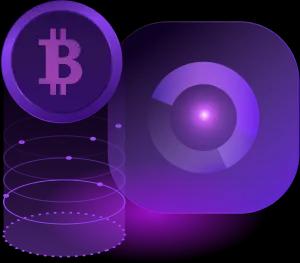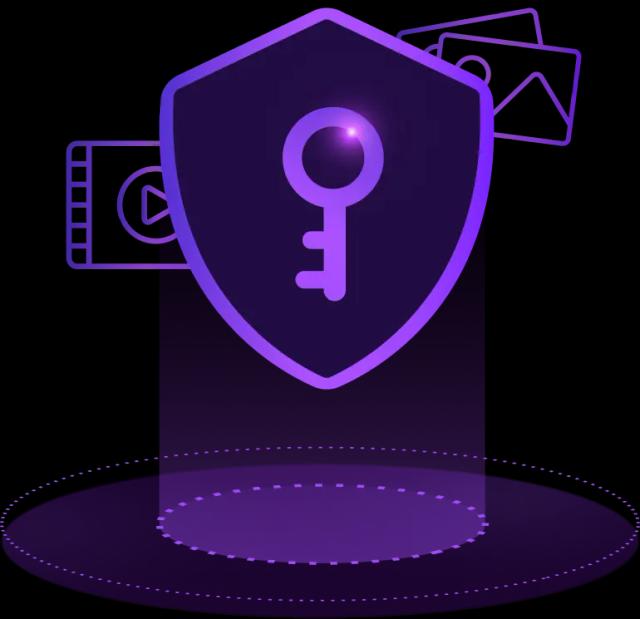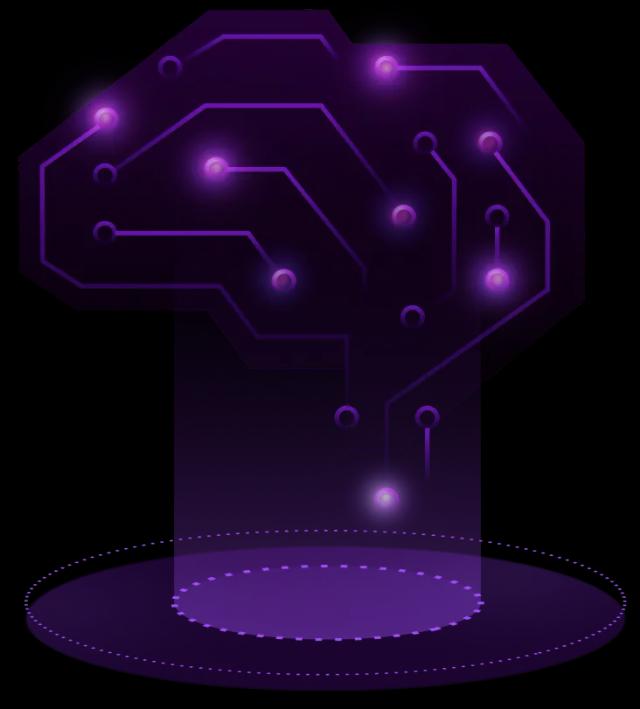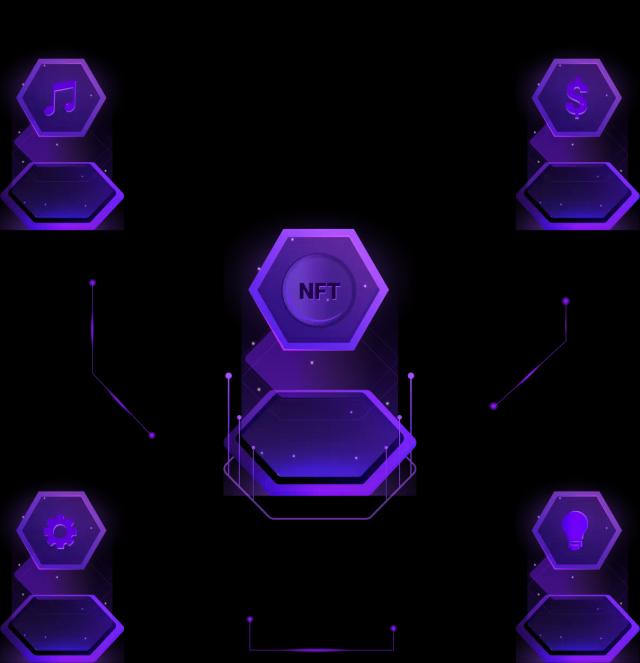

Non-Fungible Tokens (NFTs) are a proven business strategy for those aiming to unlock new revenue streams, increase user engagement and reach new markets. They hold the ability to gather a community around a product or service that can develop unprecedented brand loyalty and participation. On top of product likeability, NFTs are a complementary tool for acquisition recurrence and cross-selling, keeping users ready and interested in your next move.
NFTs have transformed the art world, allowing artists to sell their work and retain royalties for future resales. This breakthrough has provided digital artists, musicians, and creators a powerful means to monetize their creations effectively.

NFTs have opened up exciting new investment opportunities and economic activity. Crypto-artworks and other digital assets have fetched astounding prices, sparking enthusiasm and discussions about the next big hit.

Leading media and entertainment companies are embracing NFTs to create unique and collectible content. Musicians are releasing albums as NFTs, while film studios are issuing NFTs that represent exclusive movie-related content. It's captivating to engage with fans and create buzz around your brand.

NFTs represent a blockchain-based certificate of ownership for digital or physical assets. This technology has provided a transparent and unalterable proof of ownership and origin, which has potential implications for industries like art, real estate, collectibles, and more.

NFTs have created a thriving market for digital collectibles (think CryptoKitties and NBA Top Shot) and virtual goods (including virtual real estate and in-game items). These items hold tangible value and can be easily bought, sold, or traded across multiple platforms.

As NFTs gain prominence, questions and challenges surrounding intellectual property rights have emerged. Issues related to user rights after purchasing an NFT and potential copyright infringements when incorporating elements into NFT artwork are being debated.

These unique tokens extend beyond their distinctiveness, offering owners exclusive benefits, rights, or rewards that set them apart from traditional digital assets. In essence, they grant special utilities or privileges that enhance their appeal and value.
